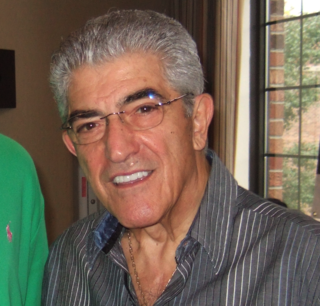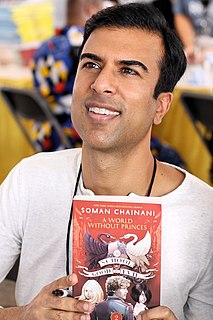A Quote by Benedict Cumberbatch
Laughing and crying are really similar - what happens to your body. It's a very similar process in your diaphragm. Like a musician, you have to do your scales once in a while and warm up your voice.
Related Quotes
Most of the time, it just sat there in my body, until the weekend. After five or six takes of crying, your body does not want to cry anybody. Your body is like, "I'm over this, can we start laughing, or something?," but you have to keep the emotion. It's a really weird process and it definitely just stays with you.
I love you, i love your smile your snarl your grin, your face when your sleeping.I love your hair streaming behind you as we fly, with the sunlight making it shine, if it doesn't have too much mud or blood in it, I love seeing your wings spreading out, white and brown and tan and speckled, and the tiny downy feathers right at the top of your shoulders. I love your eyes, whether they're cold or calculating or suspicious or laughing or warm, like when you look at me.
You have to stand up and be a human. You have to honor the man or woman that you are. Respect your body, enjoy your body, love your body, feed, clean, and heal your body. Exercise and do what makes your body feel good. This is a puja to your body, and that is a communion between you and God. . . . When you practice giving love to every part of your body, you plant seeds of love in your mind, and when they grow, you will love, honor, and respect your body immensely.
Write like you write, like you can't help but write, and your voice will become yours and yours alone. It'll take time but it'll happen as long as you let it. Own your voice, for your voice is your own. Once you know where your voice lives, you no longer have to worry so much about being derivative.




































